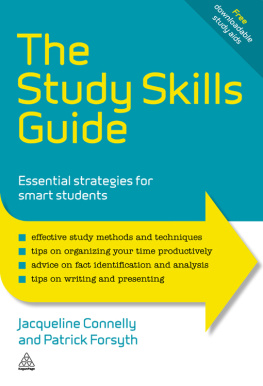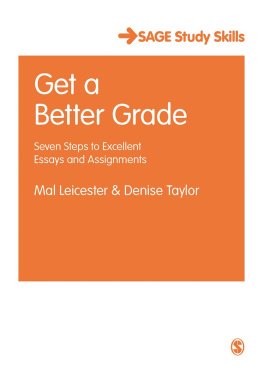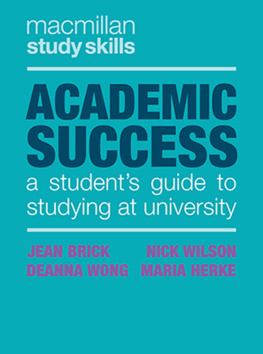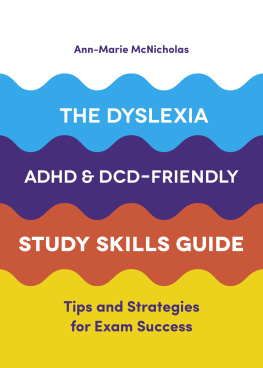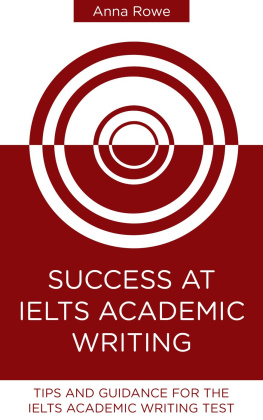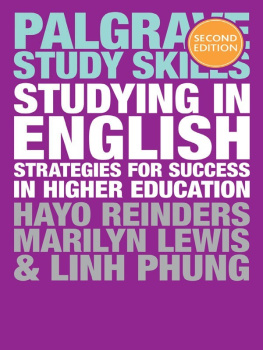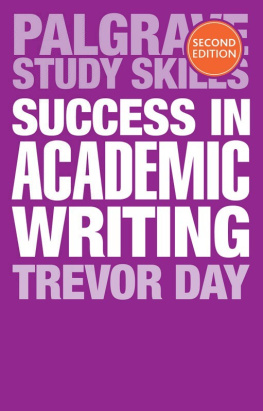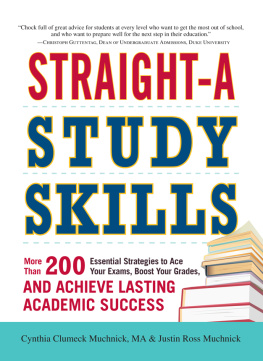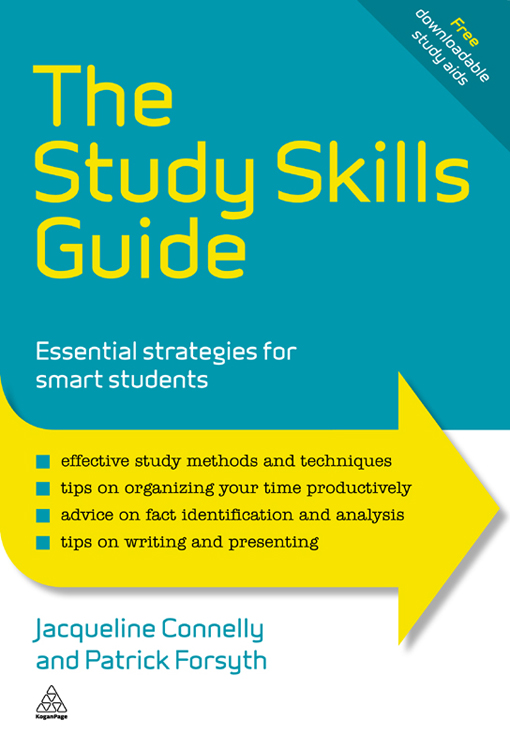Publishers note
Every possible effort has been made to ensure that the information contained in this book is accurate at the time of going to press, and the publishers and authors cannot accept responsibility for any errors or omissions, however caused. No responsibility for loss or damage occasioned to any person acting, or refraining from action, as a result of the material in this publication can be accepted by the editor, the publisher or either of the authors.
First published in Great Britain and the United States in 2010 by Kogan Page Limited
Apart from any fair dealing for the purposes of research or private study, or criticism or review, as permitted under the Copyright, Designs and Patents Act 1988, this publication may only be reproduced, stored or transmitted, in any form or by any means, with the prior permission in writing of the publishers, or in the case of reprographic reproduction in accordance with the terms and licences issued by the CLA. Enquiries concerning reproduction outside these terms should be sent to the publishers at the undermentioned addresses:
120 Pentonville Road | 525 South 4th Street, #241 | 4737/23 Ansari Road |
London N1 9JN | Philadelphia PA 19147 | Daryaganj |
United Kingdom | USA | New Delhi 110002 |
www.koganpage.com | India |
Jacqueline Connelly and Patrick Forsyth, 2010
The right of Jacqueline Connelly and Patrick Forsyth to be identified as the authors of this work has been asserted by them in accordance with the Copyright, Designs and Patents Act 1988.
ISBN 978 0 7494 6126 3
E-ISBN 978 0 7494 6127 0
British Library Cataloguing-in-Publication Data
A CIP record for this book is available from the British Library.
Library of Congress Cataloging-in-Publication Data
Forsyth, Patrick B.
The study skills guide : essential strategies for smart students / Patrick Forsyth, Jacqueline Connelly.
p. cm.
Includes bibliographical references and index.
ISBN 978-0-7494-6126-3 ISBN 978-0-7494-6127-0 (ebook) 1. Study skillsHandbooks, manuals, etc. 2. College studentsHandbooks, manuals, etc. I. Connelly, Jacqueline. II. Title.
LB2395.F66 2010
378.170281dc22
2010027803
Typeset and eBook by Graphicraft Limited, Hong Kong
Production managed by Jellyfish
Printed in the UK by CPI Antony Rowe
For Fabian and Tilly
one day this may be useful to you too.
CONTENTS
are available as downloadable Word documents on the Kogan Page website.
To access, go to www.koganpage.com/TheStudySkillsGuide and enter the password: SSG1926
I was the first member of my family to go to university and so absolutely everything about the experience was brand new to me. I had no parents, brothers, sisters, cousins, uncles, aunts or grandparents who could pass on any story about how many essays they had written, how many books they pretended to read, how many nights they had spent in the Student Union bar. I had to find out the whole thing for myself, and I quickly became so deeply hooked on the whole experience that I found I could not escape it and have never yet tried. Of course, you can easily accuse me of being a geek. I was fascinated by my undergraduate modules and really enjoyed the voyage of exploration I undertook with them. But, as well as my intellectual outlook, it also transformed my life in many other ways, for instance creating bonds with a variety of people that have endured over the years. To give a quick example, recently I had a special celebratory lunch with two friends marking the anniversary of our first meeting as undergraduates 20 years earlier. University is an experience not to be missed, but getting the best out of it can be tricky. Too often there is the temptation to overindulge on the social side to the detriment of the academic. In part, this can be caused by a failure to engage with the new academic demands university makes. This book is aimed at helping you deal with just those demands.
Going to university is an exciting and challenging experience. You will make a transformation into a world that can seem very strange and different when first encountered. For some it will mean not only coming to grips with new ways of learning, but also living apart from parents, family or friends for the first time. The good thing is that universities are very welcoming and are very much aware that the brand-new undergraduate, regardless of previous experience and background, needs plenty of support and help. You will find that support at both the central and departmental level.
Every university expects new students to be somewhat confused when they first arrive and so are fully prepared for a list of questions ranging from where can I buy a new kettle? to how can I get hold of the recommended texts on my reading list? Indeed, so attuned are universities to the need to ease the initial introduction that when new undergraduates arrive, they tend to be subjected to a veritable deluge of information. After a while, the brain often stops processing all this new material and too much information and advice can seem as daunting as too little. This too is understood, and so the key things to remember about first arrival at university are that questions are there to be asked, there is no such thing as a silly question when everything around you is so new, no one minds repeating themselves, and you should never feel afraid to ask for help.
Another startling revelation about university life is the vast range of extra-curricula activities it can offer you. There are tons of Student Union societies dedicated to every kind of sporting, cultural, political and religious/spiritual activity. They will often offer as much novelty as your studies themselves. These kinds of activities provide a fantastically vibrant culture which can frame your university experience around the central act of studying for a degree, and in some cases link directly and usefully to it.
In this welter of new experiences, it is often easy to feel that things are passing you by, or that you are not connecting with your studies or fellow students as easily as others. This is also something which is very much par for the course in the first year. Nearly all universities structure their programmes to reflect the inexperience of first year students, which means that degrees are often weighted towards second and third year study. This helps you build upon your previous studies and reorient yourself. Very few people make the transition seamlessly, and as you make the adjustment, aided by the various support networks run by your university, you will begin to realize that you have changed a good deal, too. Confidence will grow during the course of the first year, which often means that you can feel a completely different person by the second. The novelist Evelyn Waugh felt this process and commented in Brideshead Revisited that it was normal to spend ones second year shaking off the friends of ones first. This is not to say that you wont make lasting and enduring friendships during your first year (!), only that you will probably enter the second year feeling that you have emerged from a period of great change.
A crucial part of the transition is adjusting to the new intellectual challenges thrown down by your studies. As noted, universities are very good at providing a plethora of study support. Most institutions have dedicated teams offering generic study skills with classes in things such as note taking, essay writing and presentations. These are often complemented by more subject-specific programmes in your home department.

